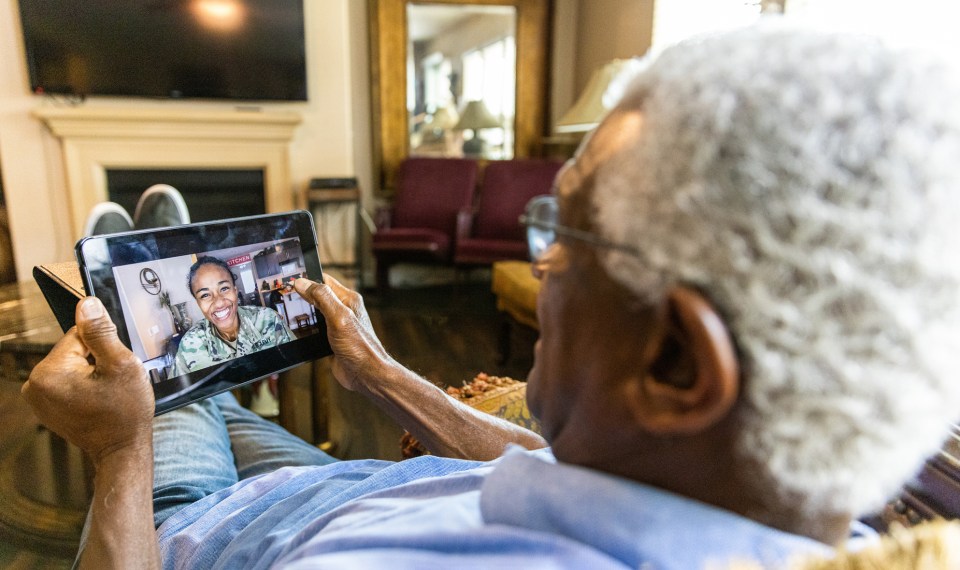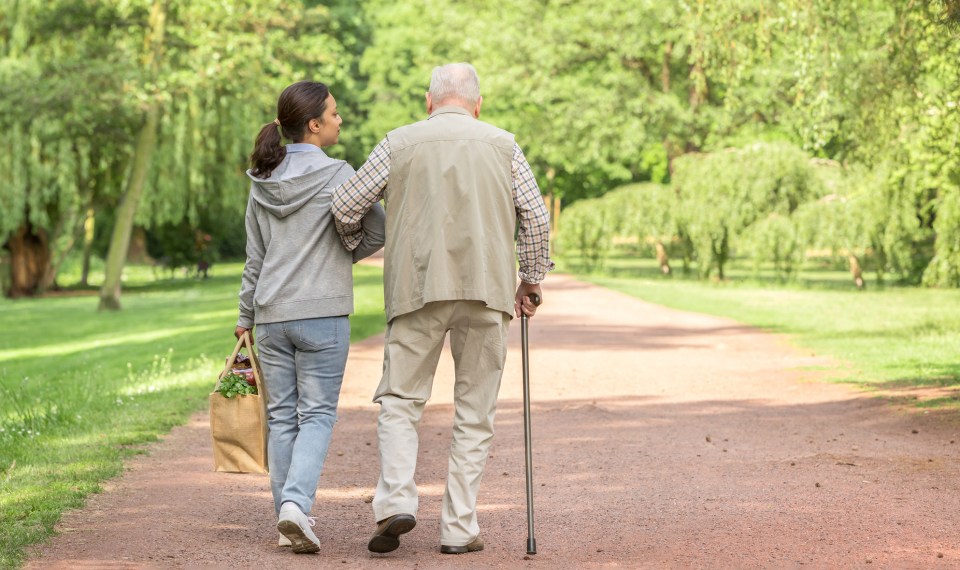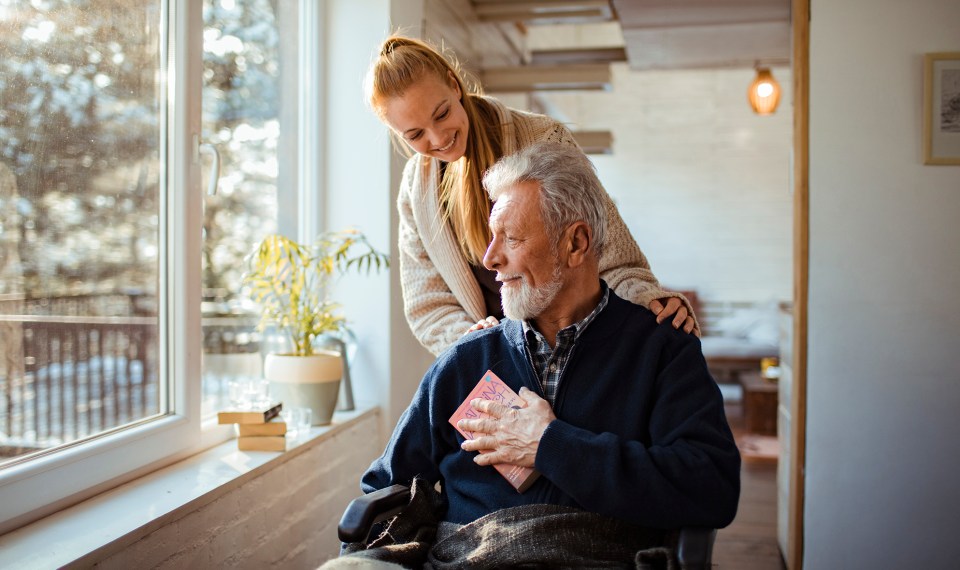While you want to make sure those you love have the care and support they need, there is no way around it, caregiving is a tough job. Meeting all the physical and emotional needs of someone is a huge challenge and one that may seem impossible on your own. Luckily, there are many services designed to help caregivers. From support groups to physical and financial assistance, there are programs and resources that offer caregiver support.
Caregiver Support Groups
- Support groups for specific conditions. If you are caring for a loved one with a certain condition, such as stroke or heart failure, you may be able to join a support group specific to that disease. For more information, visit disease websites or those of charities that support the condition.
- Groups for certain caregivers. There is no one-size-fits-all when it comes to caregivers. Everyone has their own story and their own unique challenges. Whether you are a working daughter, young adult, spouse, or member of the LGBTQ community, it is important to find a group that understands your situation and offers tips and solutions that work for you. Working Daughter is a support community for women struggling to balance a career and life while caregiving. According to the National Alliance for Caregiving, even millennials are finding themselves in the caregiving roll. The average age for millennial caregivers is 30. They are often single, typically working fulltime at an hourly position. Millennials can join a virtual LinkedIn support group that meets every two weeks on Tuesdays.
- Caregivers for veterans. If you are caring for a veteran who is enrolled in VA health care, you can connect with other caregivers and receive support from a professional care team at the Program of General Caregiver Support Services.
Financial Help for Caregivers
There are government programs and insurance policies that pay family and friends for caregiving in some cases. If eligible, a caregiver may be paid for carrying out tasks such as personal care, medication administration, cooking and cleaning.
- State Medicaid. Although it varies from state-to-state, the program is often called a consumer-directed personal assistance program. To learn more, visit Medicaid or CHIP information.
- Veteran programs. Veterans who qualify can get assistance with personal care services and activities of daily living through Veteran Directed Care. Veterans who receive a VA pension and meet certain qualifications, such as limited eyesight or require help with daily activities, may be eligible for assistance through the Aid and Attendance Benefits program.
- Long-term care insurance. If your loved one has a long-term care policy, family members may receive payment for caregiving. Contact your insurance agent to confirm whether your family member is eligible for this benefit.
Dementia Caregiving
Caring for a loved one with dementia or Alzheimer’s presents special challenges. For information about caring for those with early, mid, or late-stage Alzheimer’s or dementia, visit the Alzheimer’s Association.
Respite Care
Respite care provides a needed break for primary caregivers. You may need time away for an afternoon or an extended period. Respite care can be provided in-home, at a healthcare facility or at an adult daycare center. Respite services may charge an hourly rate or bill by the day or week. This care is not typically covered by insurance plans. Medicare and Medicaid may provide assistance in some cases. To locate respite services in your community, visit the ARCH (Access to Respite Care) National Respite Locator Service.
Caregiving is a fulltime job, and everyone needs a break from time-to-time. Even if respite care is not available in your area or not affordable, consider asking family members or friends to occasionally step in to lend a hand.
The content of this site is for informational purposes only and should not be taken as professional medical advice. Always seek the advice of your physician or other qualified healthcare provider with any questions you may have regarding any medical conditions or treatments.



